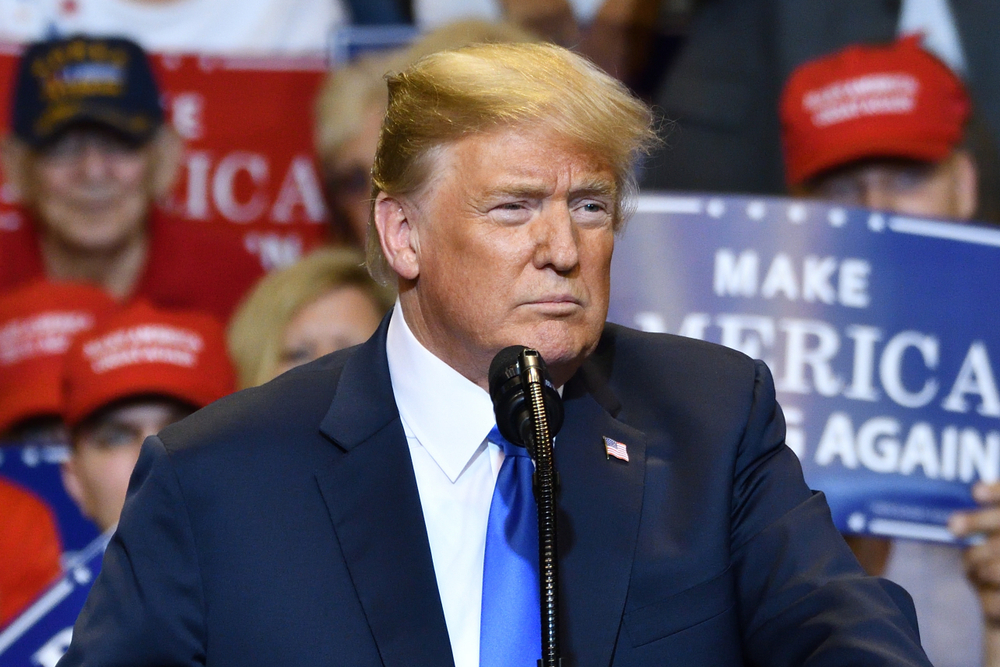Business
President Trump Vows To Lower Capital Gains Taxes During Second Term

If he’s victorious in November, President Trump has vowed to lower capital gains taxes. He sees it as another way to help the country recover from the coronavirus pandemic.
During an appearance yesterday on Fox Business with host Maria Bartiromo, Trump said “I’m going to do a capital gains tax cut to 15% in the second term. We’re going to get it down to 15%. It’s at 21%. We’ll get that down to 15%. I’ll get that done easily.”
Taxes on long-term capital gains – when an asset is held for more than one year and then sold – range from 0-20%. The exact number depends on the individual's income bracket. Wealthier investors also pay an additional 3.8%. Short-term capital gains – when an asset is held for less than one year and then sold – are taxed as ordinary income.
President Trump can’t slash the capital gains tax rate on his own as he would need the Congress. However, he can try to sidestep Congress by indexing any long-term capital gain to inflation.
Trump had floated the idea of indexing capital gains to inflation last year before ultimately pulling the plug. At the time he told reporters that the idea was “perceived as somewhat elitist” and “better support for upper-income groups.”
Lower Taxes and Capital Gains
By indexing capital gains to inflation, Trump is trying to lower taxes. In particular, he tries by making a portion of gains exempt by adjusting the original purchase price to match inflation.
The Tax Foundation has a relatively straight-forward example:
“Proposals to index capital gains can vary, but generally they allow individuals to gross up the basis of their assets when calculating their capital gains to account for changes in the price level over time. For example, if an individual purchased an asset for $100 on January 1, 2000 and sold that asset for $200 on July 1, 2018, the nominal capital gain would be $100. However, inflation over that period increased the price level by 49 percent. Under an indexing proposal, the individual would be able to gross up the basis of $100 by the total inflation during that period to $149. As a result, the individual would only be taxed on $51 instead of the full $100.”
Naturally, by lowering taxes the government would see a drop in revenue from collecting less taxes. Interestingly, the Tax Foundation says that the revenue drop will be somewhat muted. This may likely happen because individuals will be losing less of every dollar on taxes. Therefore, people will have more to spend.
“The increase in output due to the lower cost of capital would boost incomes, which would boost payroll revenue and slightly offset individual income tax revenue losses.” notes the Tax Foundation.
What to Expect From Opposition
And while Trump is doing everything he can to lower taxes, he warns that his opposition is going to raise taxes.
“They want to tax $4 trillion, it's going to be the biggest tax increase in history by far,” Trump told Bartiromo. “They’re big taxers. It’s just something that won’t work. We’ll have – you will see a depression the likes of which you have never seen. You’ll have to go back to 1929, I guess it doesn’t get too much worse than that.”
Up Next:















